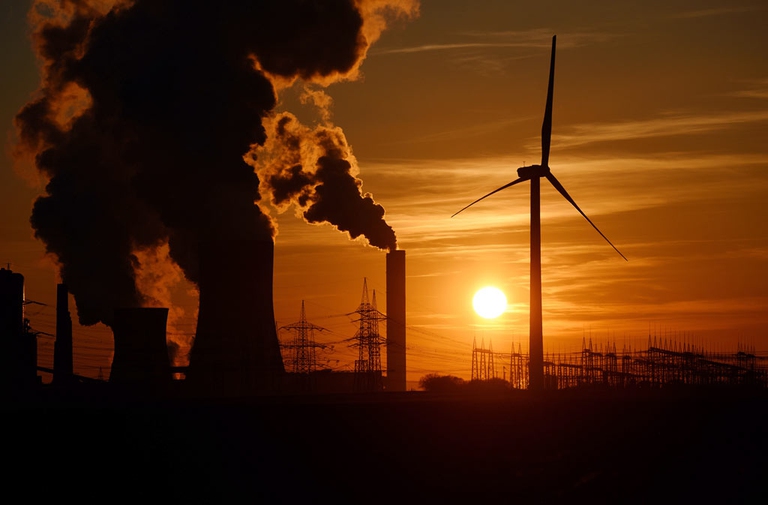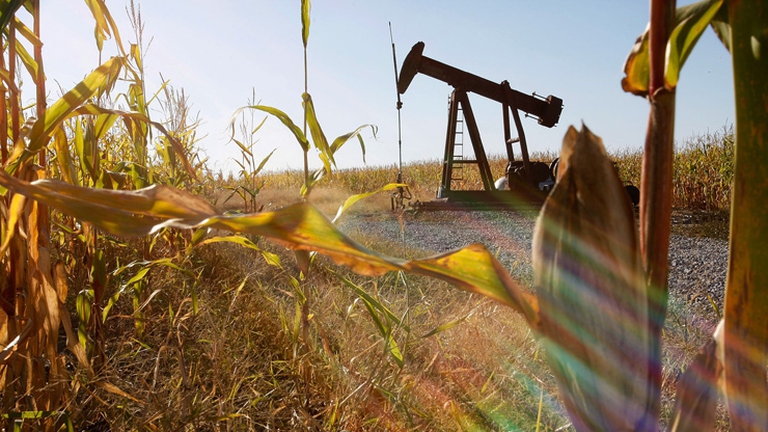
South African court dismisses a major lawsuit by 140,000 Zambian women and children against Anglo American for Kabwe lead poisoning. A setback for affected communities enduring the lasting impact of lead contamination.
“This is the issue of our times. Climate change is the biggest issue”. Filmmaker Kaia Rose stresses the importance of discussing this global matter on a Connect4Climate Facebook live Q&A held on the 11th of May, with Eric Mann. They’re both behind the production of Climate Countdown: Price on Carbon, the Film4Climate Global Video Competition short-film winner of the Put
“This is the issue of our times. Climate change is the biggest issue”. Filmmaker Kaia Rose stresses the importance of discussing this global matter on a Connect4Climate Facebook live Q&A held on the 11th of May, with Eric Mann. They’re both behind the production of Climate Countdown: Price on Carbon, the Film4Climate Global Video Competition short-film winner of the Put A Price On Carbon Pollution Award.
Rose and Mann’s film explores a climate solution that despite its “complexity”, “brings everyone to the table”. “We need all the solutions, but if you put a price on carbon then you will be addressing the very reason why we are having this crisis. Fossil fuels are cheap, but they have a cost. Health care costs. Cost of storm damages. Cost of water. Ecological cost. All sort of costs. And we are paying for those costs,” explains Rose.

Mann adds: “It is the silver bullet to solve climate change. It is a simple, effective solution”. According to World Bank data currently around 40 countries and more than 20 cities already have carbon pricing mechanisms (emissions trading systems (ETS) and carbon taxes) in place, covering about half of their emissions – 13 per cent of annual global greenhouse gas emissions.
“Carbon pricing is an egoless way of solving climate change. It forces the market to move in a certain direction,” attests Mann. From Rose’s point of view putting a price on carbon “corrects a market failure”. “It shifts the whole system we’ve been living under. It’s about justice. It’s about a new world we want to create,” she underlines.
Rose has a firm and prompt answer: “The money is there. The technology is there. Political will isn’t there”. According to both film directors in order to solve this problem it is essential to put pressure on politicians and put the subject of carbon pricing on the “vernacular”. “Communicating is essential. Keep making it a sexy subject,” Mann advises.
Stressing the importance of also investing in carbon-neutral innovation, the authors of the Climate Countdown series remind the online audience of the necessity to invest in innovative solutions in all sectors to tackle climate change. “A price on carbon is not a one-size fits all solution”, says Mann.

However, solving climate change takes everyone’s commitment. Rose and Mann are certain that every citizen would be able to use their skills to tackle this international issue. “You’re never too old or too young to be part of this process,” Mann declares. On the other hand, Rose trusts young people’s will “because they are not constrained into a box. They have a fresh perspective”.
The results of recent atmospheric research make climate change an urgent subject, determines Rose, aware that “there is a lot of momentum from the Paris Agreement, and that’s exciting, but we need to increase it. We need to act now and we need to boost our efforts”. “It’s such an existential crisis that it is easy to feel overwhelmed. But there is a lot to be hopeful for. There are a lot of great solutions out there,” the filmmaker emphasises.
Mann and Rose are at present working on the Climate Countdown Season Two, whilst will focus on climate finance and on how to communicate climate change.
Siamo anche su WhatsApp. Segui il canale ufficiale LifeGate per restare aggiornata, aggiornato sulle ultime notizie e sulle nostre attività.
![]()
Quest'opera è distribuita con Licenza Creative Commons Attribuzione - Non commerciale - Non opere derivate 4.0 Internazionale.
South African court dismisses a major lawsuit by 140,000 Zambian women and children against Anglo American for Kabwe lead poisoning. A setback for affected communities enduring the lasting impact of lead contamination.
Controversial African land deals by Blue Carbon face skepticism regarding their environmental impact and doubts about the company’s track record, raising concerns about potential divergence from authentic environmental initiatives.
Majuli, the world’s largest river island in Assam State of India is quickly disappearing into the Brahmaputra river due to soil erosion.
Food imported into the EU aren’t subject to the same production standards as European food. The introduction of mirror clauses would ensure reciprocity while also encouraging the agroecological transition.
Sikkim is a hilly State in north-east India. Surrounded by villages that attracts outsiders thanks to its soothing calmness and natural beauty.
Sikkim, one of the smallest states in India has made it mandatory for new mothers to plant saplings and protect them like their children to save environment
Chilekwa Mumba is a Zambian is an environmental activist and community organizer. He is known for having organized a successful lawsuit against UK-based mining companies.
What led to the Fukushima water release, and what are the impacts of one of the most controversial decisions of the post-nuclear disaster clean-up effort?
Nzambi Matee is a Kenyan engineer who produces sustainable low-cost construction materials made of recycled plastic waste with the aim of addressing plastic pollution and affordable housing.







